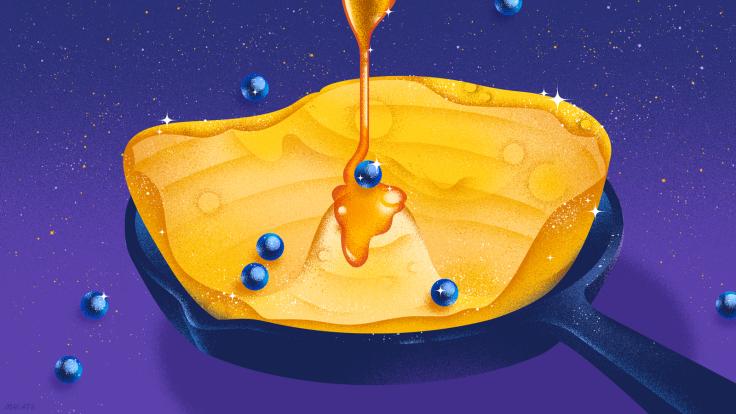 |
Fine-tune this
Quick, what's 987654321 divided by 123456789?
The answer is close to 8, but not exactly 8. Why does the result differ by about a tenth of a million, yielding 8.0000000729...?
During a recent talk at Fermilab, Greg Landsberg of Brown University promised a bottle of wine to anyone who could explain this riddle by the end of the talk. The riddle, mind you, was not to find the result (Landsberg gave that away), but to explain why it is so weird—or not.
Landsberg tried to make a point about physics. There are numbers in nature that just happen to be "fine-tuned." For instance, when viewed from earth, the sun and the moon appear to be roughly the same size. This effect, which can easily be explained, is a "freak accident." But other balancing acts that look miraculous—like Landsberg's riddle—can instead be explained by deeper-running principles.
In physics, Landsberg said, there are cases of fine-tuning that are still mysterious. For example, three of the four basic forces of nature have comparable strength, when contrasted to the much weaker force of gravity. Nobody knows if there's any special reason behind that, or if it's pure chance.
Landsberg's numeric example, it turns out, is part of a general fact about the way we represent numbers in a particular base, n. Dividing the two numbers with digits running from n-1 to 1 and that reversed, the answer approaches n-2 as n increases. For the decimal representation used in Landsberg's example, n equals 10.
Fermilab director Mike Witherell solved Landsberg's mathematical quiz in time to claim the prize: a bottle of Sakonnet red from the state of Rhode Island, home of Brown University.
Davide Castelvecchi






